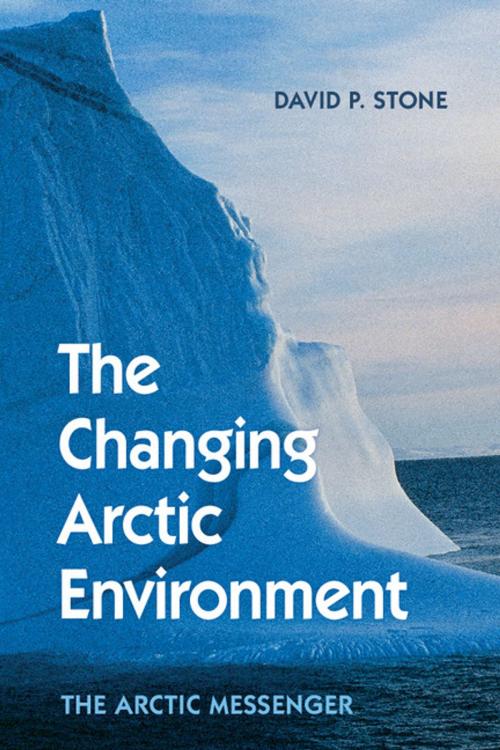The Changing Arctic Environment
The Arctic Messenger
Nonfiction, Reference & Language, Law, Environmental, Science & Nature, Nature, Science| Author: | David P. Stone | ISBN: | 9781316289822 |
| Publisher: | Cambridge University Press | Publication: | February 16, 2015 |
| Imprint: | Cambridge University Press | Language: | English |
| Author: | David P. Stone |
| ISBN: | 9781316289822 |
| Publisher: | Cambridge University Press |
| Publication: | February 16, 2015 |
| Imprint: | Cambridge University Press |
| Language: | English |
This accessible and engagingly written book describes how national and international scientific monitoring programmes brought to light our present understanding of Arctic environmental change, and how these research results were successfully used to achieve international legal actions to lessen some of the environmental impacts. David P. Stone was intimately involved in many of these scientific and political activities. He tells a powerful story, using the metaphor of the 'Arctic Messenger' - an imaginary being warning us all of the folly of ignoring Arctic environmental change. This book will be of great interest to anyone concerned about the fate of the Arctic, including lifelong learners interested in the Arctic and the natural environment generally; students studying environmental science and policy; researchers of circumpolar studies, indigenous peoples, national and international environmental management, and environmental law; and policymakers and industry professionals looking to protect (or exploit) Arctic resources.
This accessible and engagingly written book describes how national and international scientific monitoring programmes brought to light our present understanding of Arctic environmental change, and how these research results were successfully used to achieve international legal actions to lessen some of the environmental impacts. David P. Stone was intimately involved in many of these scientific and political activities. He tells a powerful story, using the metaphor of the 'Arctic Messenger' - an imaginary being warning us all of the folly of ignoring Arctic environmental change. This book will be of great interest to anyone concerned about the fate of the Arctic, including lifelong learners interested in the Arctic and the natural environment generally; students studying environmental science and policy; researchers of circumpolar studies, indigenous peoples, national and international environmental management, and environmental law; and policymakers and industry professionals looking to protect (or exploit) Arctic resources.















